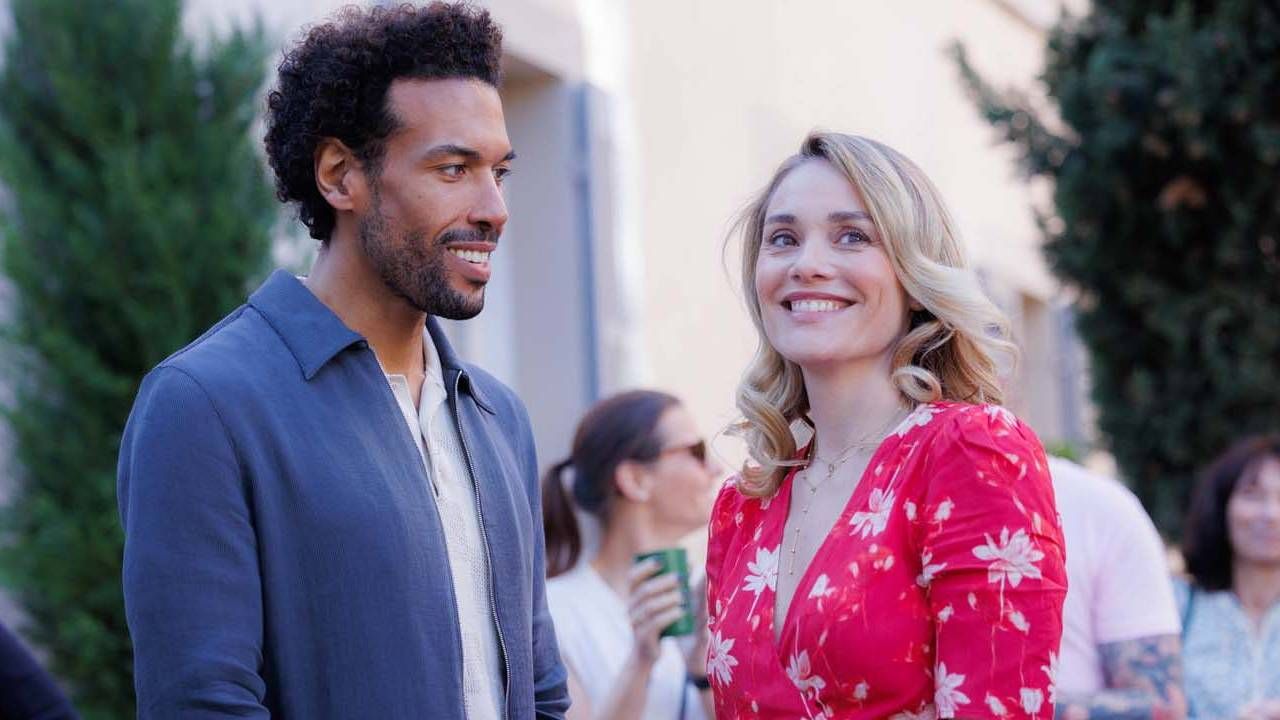Between falls and diagnosis: Expert explains when an oblivion is actually a warning for health
The author of the book “The Bom Do Alzheimer” explains how to identify warning signals and why it is essential to change the gaze to the diagnosis
With the progress of age, it is common for a small forgetfulness to be part of everyday life, how can we forget where you kept the keys, forget the name of a known person or have difficulty remembering what you would say in a conversation. These drops are usually not alarmed. The “bankruptcy of benign memory” so called is a natural aging process and can also be related to factors such as stress, anxiety, sleepless nights, excess tasks and even nutritional deficiencies.
“It is important to understand that even the brain ages. Over time, we lose physical agility and we also hope that mental agility decreases. What cannot happen is this forgetfulness to interfere with the autonomy or basic activities of everyday life”, explains the booklet of the book, author of the author of the book Alzheimer’s good.
Important data
According to the Alzheimer’s International Association (ADI), over 55 million people live with dementia all over the world, and it is estimated that this number will reach 139 million by 2050. In Brazil, about 1.2 million people face the disease and have not yet diagnosed many cases.
The expert emphasizes that the oblivion of natural aging tends to be punctual and recognized by the person himself. “It might want time to remember the name of an actor or in which he put his glasses, but usually he remembers later. Already in Alzheimer, the person not only forgets frequently, but denies or does not realize he has forgotten”, explains Claudia.
For her, it is essential to break with the taboo around the diagnosis. “Many people avoid looking for help for fear of confirmation. But early diagnosis can guarantee a better quality of life and allow the person to actively participate in decisions on their future.”
Emotions count
Another important point is to observe emotional behavior, not just the faults in memory. “The changes in mood, apathy, aggression or disorientation are as significant signs as oblivion. Alzheimer’s is a brain disease as a whole, not only of memory,” he says.
According to the data of the Brazilian society of geriatrics and gerontology (sbgg), it is important to look for a medical evaluation when the oblivion becomes frequent and affects daily tasks, when the person repeats stories or questions several times without realizing it, has confusion in known or dates, has difficulties with words or to follow simple instructions or when they improvise changes of behavior or personality without expiation.
Although Alzheimer does not have a cure, professionals deal with the disease with medicines, cognitive therapies and psychosocial support, which helps delay the progression of symptoms. And first it is identified, the better it is.
Claudia Alves also offers a new way of dealing with the disease. In his book, he turns to how it is possible to find ties, affection and even rediscovered in living with those who have been diagnosed. “Alzheimer can be cruel, but it can also be an invitation to slow down and live the present with more presence and empathy,” he says. He concludes: “More important than remembering that everything is not forgetting to look with love and patience for those who are going through this process”.
Source: Terra
Ben Stock is a lifestyle journalist and author at Gossipify. He writes about topics such as health, wellness, travel, food and home decor. He provides practical advice and inspiration to improve well-being, keeps readers up to date with latest lifestyle news and trends, known for his engaging writing style, in-depth analysis and unique perspectives.









